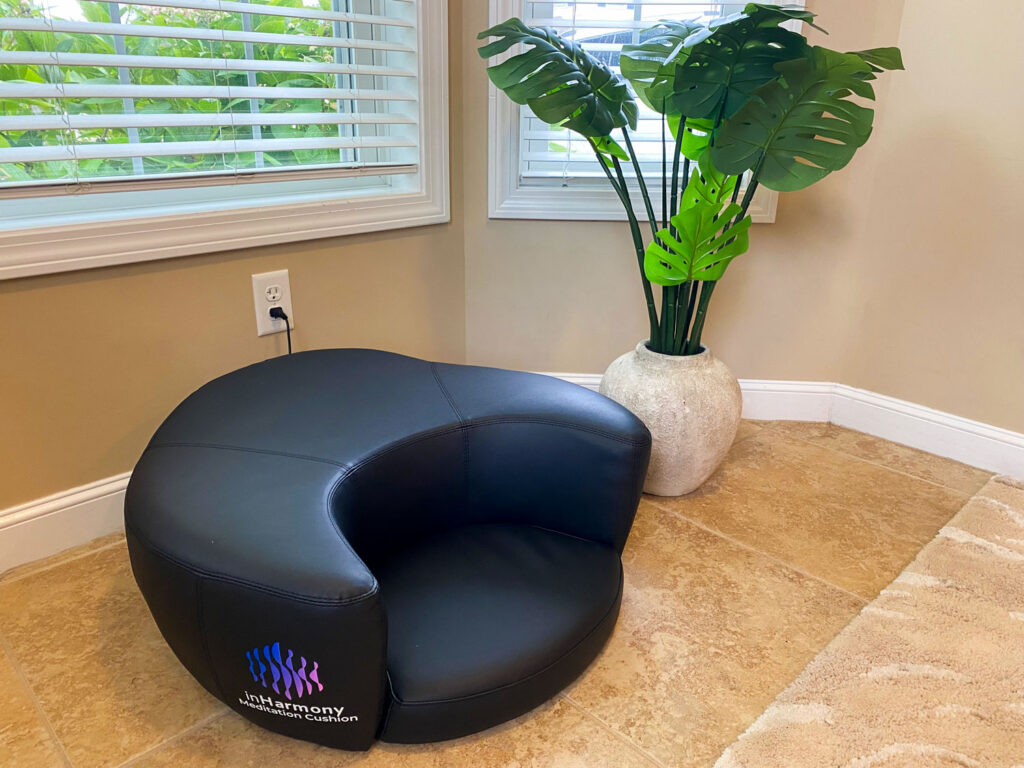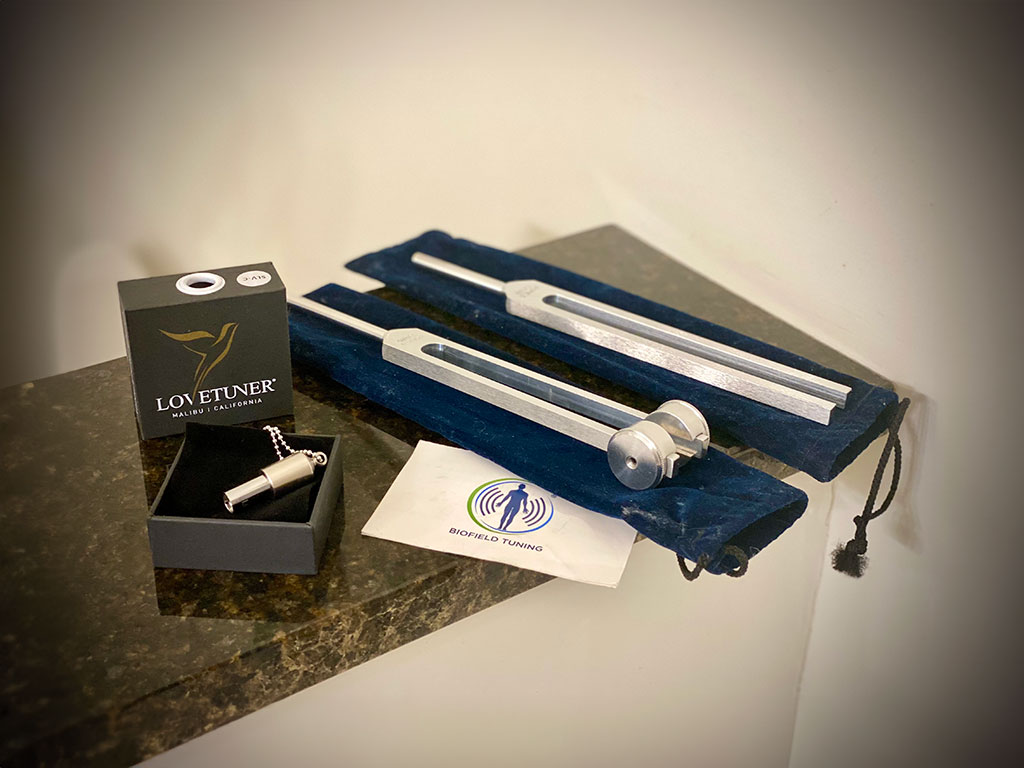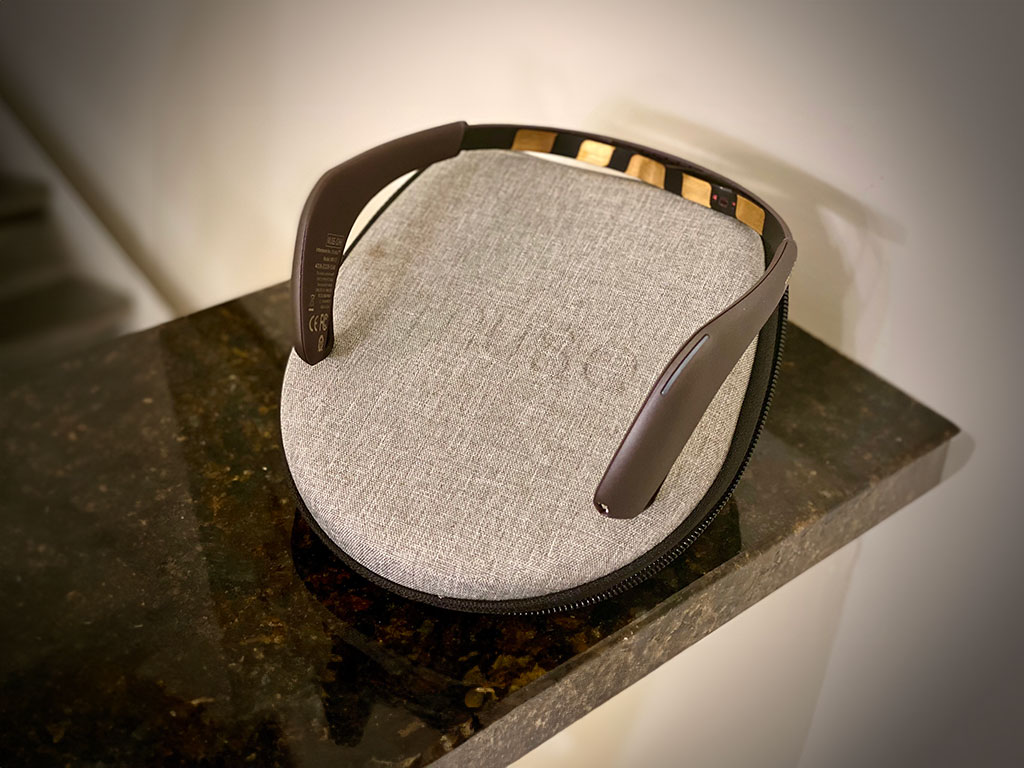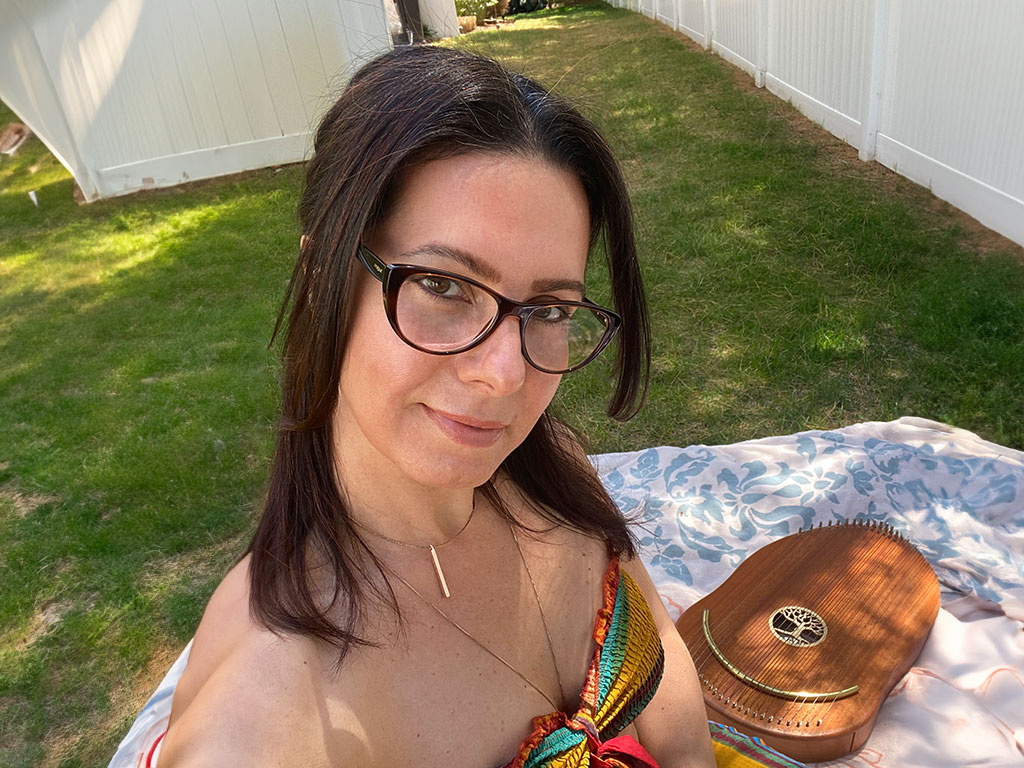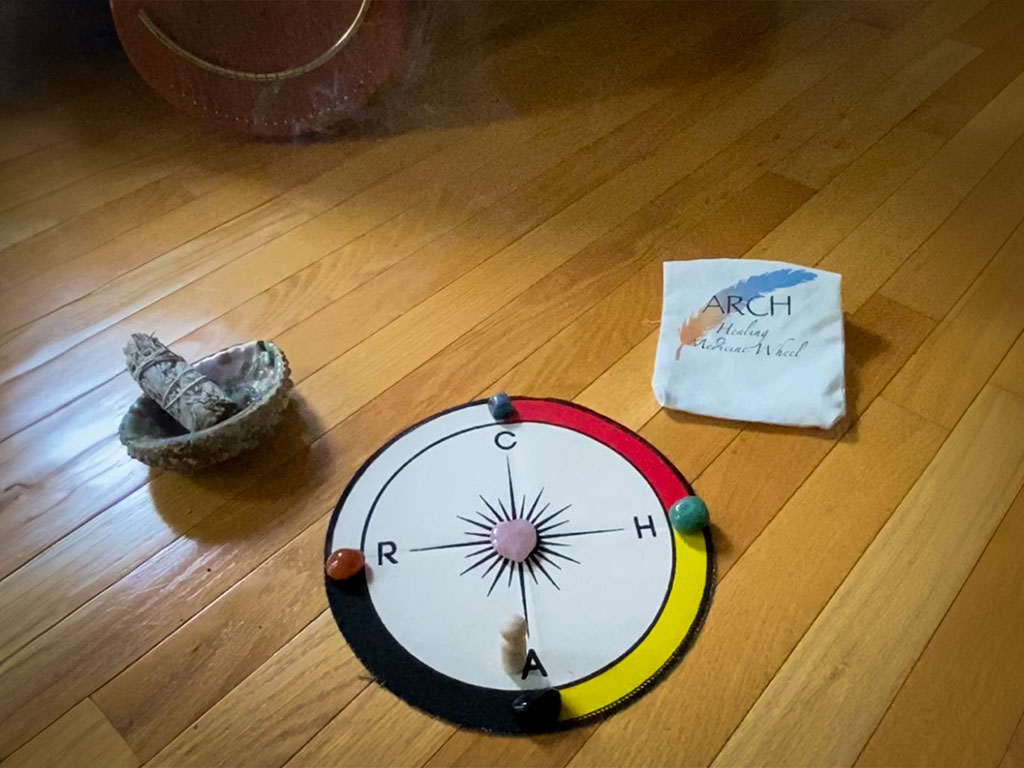Struggling with a difficult parent-child relationship can leave both parties feeling stuck in a cycle of misunderstanding, blame, and defensiveness. Traditional support groups often reinforce these divides by separating parents and children, focusing on individual grievances rather than fostering healing together. However, true progress happens when both sides work toward understanding each other and breaking harmful patterns.
Healing isn’t about forcing reconciliation, nor can you control another person’s actions. Instead, it’s about acknowledging your own role, healing your hurt, and shifting your approach to create a more inviting atmosphere for connection. By addressing unresolved past hurts, identifying triggers, and reframing your expectations, you can open new possibilities for healthier relationships, even when full reconciliation isn’t immediately achievable.
This process isn’t quick. It takes time, consistent effort, and support. Unlike workshops or one-off sessions, ongoing community support allows individuals to continuously grow and adapt to new dynamics. Engaging with a community offers practical tools, emotional support, and shared experiences that encourage deeper progress and understanding. It’s through relationships—whether strained or healthy—that we heal, not in isolation.
Ultimately, by fostering healthier interactions and learning to find peace with the current reality, individuals can redefine their relationships and embrace new possibilities, even if full repair isn’t yet within reach. Healing in connection is about accepting imperfections, addressing old hurts, and creating a path toward growth and mutual understanding.
Check out Matthias Barker’s new online community that promotes a “A New Way To Heal Family Estrangement”

